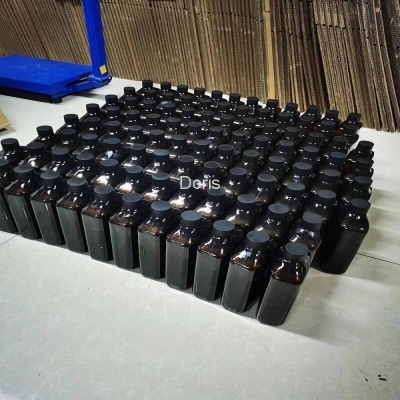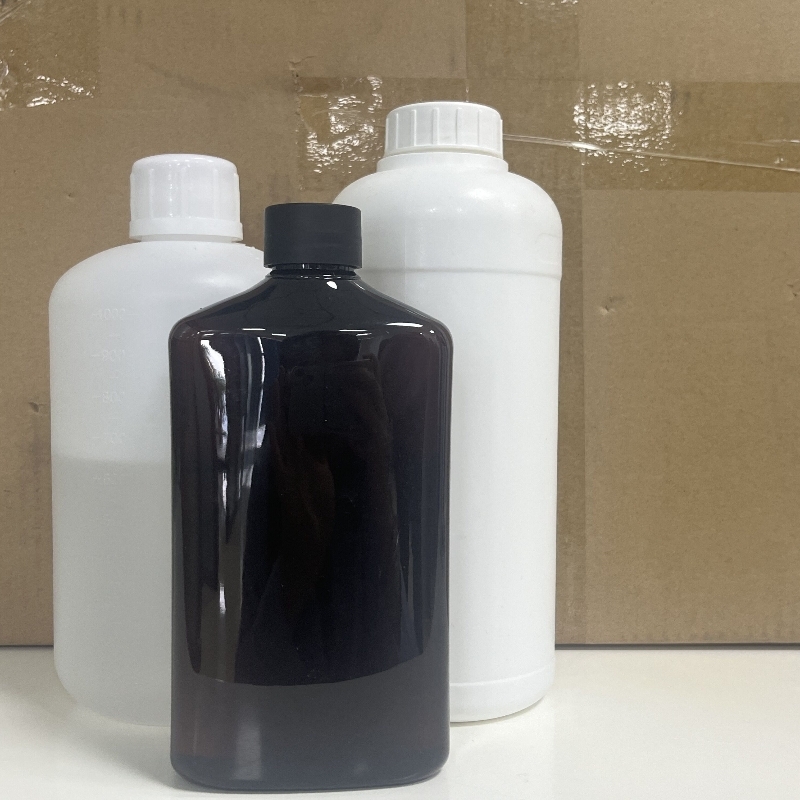Many large pharmaceutical companies around the world signed agreements to use antibiotics cautiously in response to drug resistance
-
Last Update: 2016-09-22
-
Source: Internet
-
Author: User
Search more information of high quality chemicals, good prices and reliable suppliers, visit
www.echemi.com
Source: Global Network September 22, 2016 according to the financial times on September 21, 2016, a number of large pharmaceutical companies signed an agreement to deal with the spread of superbugs At the same time, the United Nations is preparing to discuss the issue of antibiotic resistance (AMR) Pharmaceutical companies, including Johnson & Johnson, Pfizer and AstraZeneca, said the world was facing a "breathtaking threat" from drug-resistant superbugs They also agreed to adhere to a set of voluntary codes of conduct to address the problem Antibiotic resistance means that antibiotics and other anti infective drugs can no longer effectively kill bacteria, because the latter develops resistance Most scientists believe that if antibiotic resistance is allowed to spread unchecked, the common infectious diseases will be untreatable, and the progress made in more than a century - that is, many fatal diseases will be almost eliminated - will be reversed Pharmaceutical companies promise to solve the pollution caused by antibiotic factories These plants often dump toxic waste into waterways, creating a hotbed for bacterial interactions that lead to drug resistance The companies agreed to educate the public and doctors to use antibiotics carefully, and to eliminate incentives to encourage sales teams to sell antibiotics in large quantities There are concerns that too many antibiotics have made bacteria less sensitive to drugs The companies said they would take steps to make antibiotics more affordable in low - and middle-income countries If antibiotic resistance spreads rapidly, low-income countries will suffer the most If antibiotic resistance is not curbed, the damage to the global economy will be comparable to the financial crisis of 2008, the World Bank warned in a report Tuesday By 2050, the world's annual gross domestic product will be wiped out by up to 3.8% and that of low-income countries by up to 5%, according to the report "Unlike the financial crisis, there is no possibility of a cyclical recovery in the medium term because of the high cost of antibiotic resistance," the authors warned The 13 companies that signed the agreement also included GlaxoSmithKline, Elgin, Roche, Merck, Novartis and Sanofi The agreement comes as the UN General Assembly is preparing to discuss antibiotic resistance during a high-level meeting on the 21st, which shows how much world leaders attach to this issue Before that, the UN General Assembly only put health issues on its agenda three times The three times were about AIDS, Ebola and non infectious diseases, such as heart disease and cancer
This article is an English version of an article which is originally in the Chinese language on echemi.com and is provided for information purposes only.
This website makes no representation or warranty of any kind, either expressed or implied, as to the accuracy, completeness ownership or reliability of
the article or any translations thereof. If you have any concerns or complaints relating to the article, please send an email, providing a detailed
description of the concern or complaint, to
service@echemi.com. A staff member will contact you within 5 working days. Once verified, infringing content
will be removed immediately.







